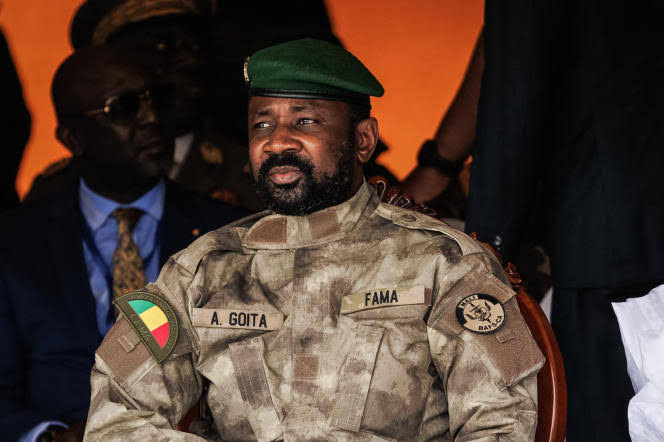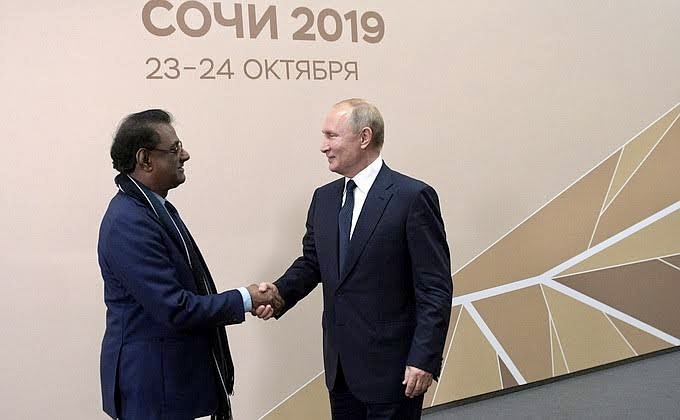
Faith Nyasuguta
The World Bank and the International Monetary Fund are facing mounting pressure from advocacy groups and human rights organizations to wield their financial influence in persuading Ghana to reconsider a proposed legislation that could have severe implications for LGBTQ+ individuals in the country.
The contentious bill, known as the “promotion of proper human sexual rights and Ghanaian family values” bill, has sparked widespread condemnation for its draconian measures aimed at criminalizing same-sex relationships and advocacy for LGBTQ+ rights.
Under the proposed legislation, individuals identifying as gay could face imprisonment for up to three years, while promoters of LGBTQ+ rights could be sentenced to up to five years behind bars. Additionally, the bill seeks to extend the term of imprisonment for engaging in same-sex acts from three to five years.
In response to the alarming implications of the proposed law, charities and advocacy groups are urging the World Bank and the IMF to issue strong warnings to Ghana, indicating that continued funding may be at risk if the bill is enacted.

These organizations argue that the enactment of such legislation would not only violate fundamental human rights but also undermine efforts to promote inclusivity and equality in development initiatives.
Elana Berger, executive director of the Bank Information Center, emphasized the World Bank’s unique position to influence Ghana’s reconsideration by leveraging the threat of losing $3.8bn in promised funding. She underscored the importance of upholding moral and inclusive principles in all development endeavors, stating that funding a country with such discriminatory laws would lead to discrimination against LGBTQ+ people and undermine the World Bank’s commitment to inclusivity.
Ghana’s finance ministry has warned that the enactment of the law could have dire consequences for the country’s economy, potentially resulting in the loss of $3.8bn in World Bank financing over the next five to six years. Such a loss of funding could derail crucial bailout programs from the IMF and efforts to restructure the country’s substantial debt pile.
The ministry also cautioned that these financial repercussions could trigger a market reaction, affecting the stability of the exchange rate and further exacerbating economic challenges.
The World Bank’s decision to suspend funding to Uganda due to anti-LGBTQ legislation serves as a precedent for its commitment to upholding human rights and inclusivity in development initiatives.
Similarly, UNAids Executive Director Winnie Byanyima highlighted the detrimental impact of punitive laws on public health efforts, particularly in combatting HIV/AIDS. Byanyima emphasized that approaches rooted in inclusion of all people have been crucial to Ghana’s progress in the HIV response and warned that the proposed bill could obstruct access to life-saving services and undercut social protection efforts.
Amnesty International’s Ghana country director, Genevieve Partington, condemned the proposed bill as one of the most draconian in Africa and warned of its adverse effects on the rights of LGBTQ+ individuals and their allies.
Partington emphasized that the bill seeks to punish anyone who supports or advocates for LGBTQ+ people, including human rights defenders, medical professionals, journalists, teachers, and landlords, in violation of the right to freedom of expression and association.

While both the World Bank and the IMF refrained from commenting directly on the bill, they emphasized the importance of inclusive development and the ongoing legal challenge to the legislation. During a visit to Ghana earlier this year, Kristalina Georgieva, the IMF’s managing director, acknowledged the citizens’ challenge to the constitutionality of the law and emphasised the importance of allowing the legal process to unfold.
The supreme court’s adjournment of the hearing to May 17 further prolongs the uncertainty surrounding the fate of the proposed law, as stakeholders await the court’s decision on its constitutionality.
In the meantime, advocacy groups continue to mobilize international pressure on Ghana to uphold human rights and reject discriminatory legislation.
RELATED:




